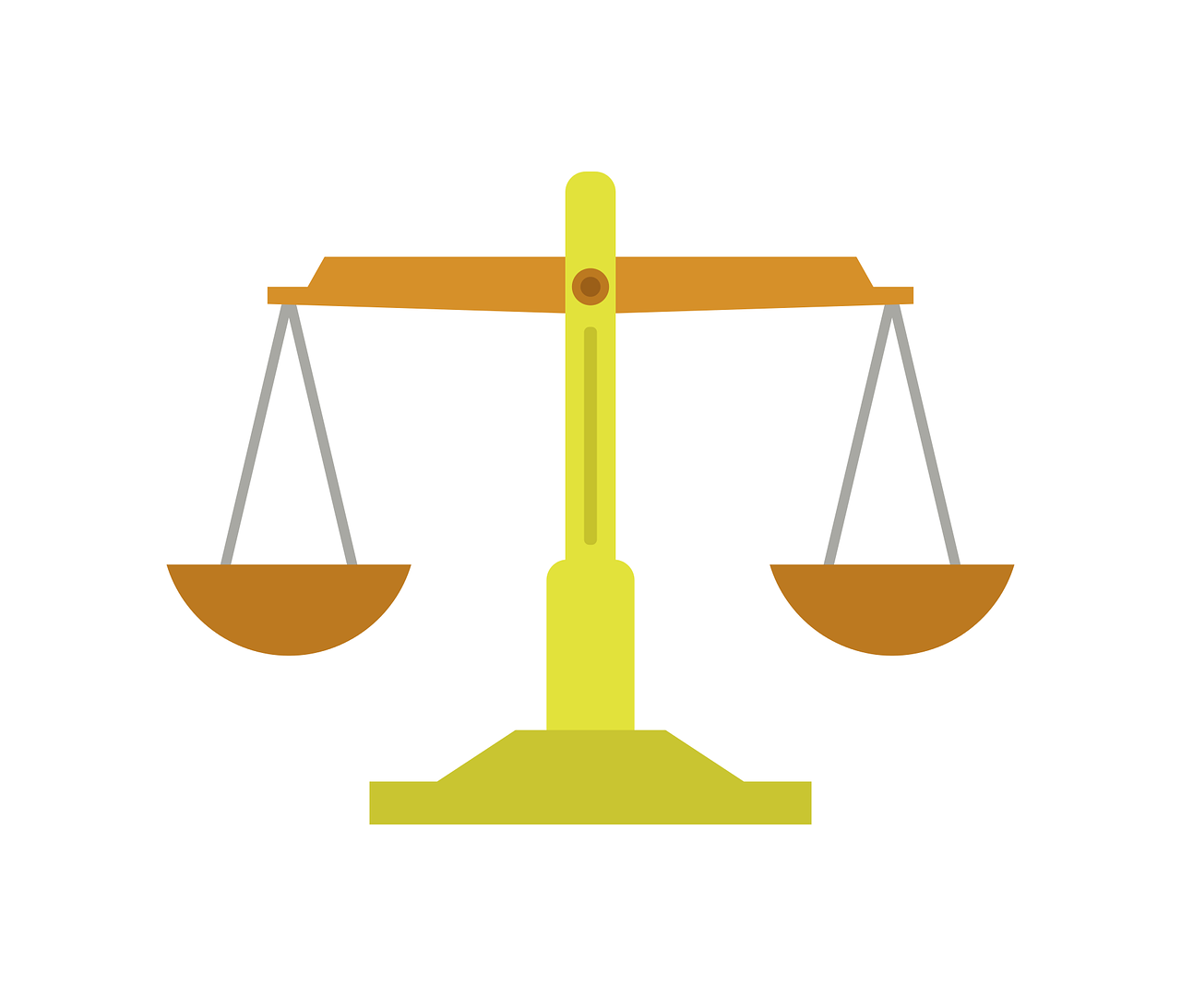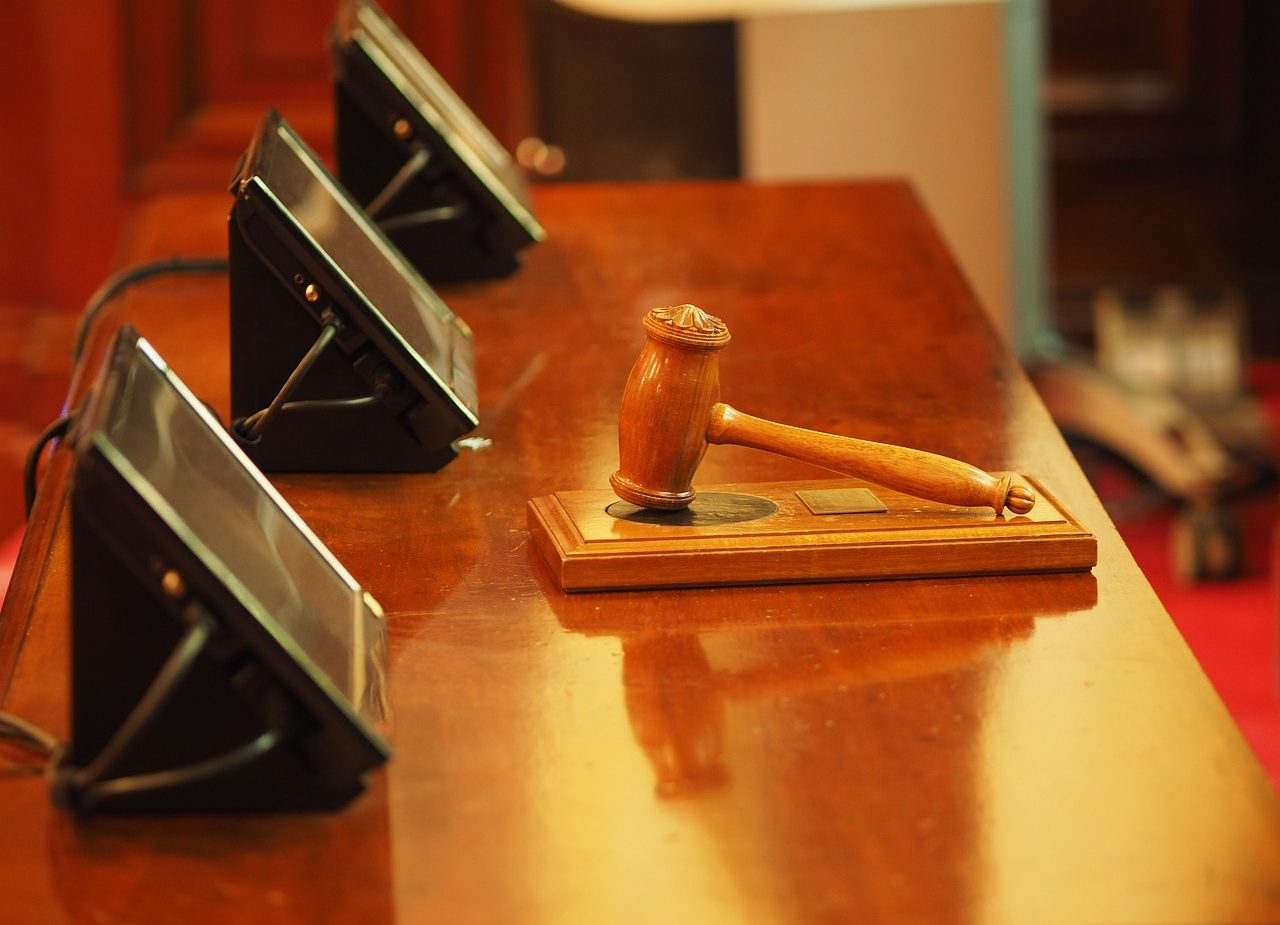
The presumption of innocence protects equality before the law.
The presumption of innocence is a principle of criminal law that indicates that every individual is considered innocent until proven otherwise through a judicial process . This means that only when the person's guilt has been legally declared is their innocence no longer presumed.
Before delving into the concept, it is important to analyze the terms that make it up. Presumption is a conjecture, assumption or belief. The idea of innocence , meanwhile, refers to the absence of guilt.
It should be noted that the Universal Declaration of Human Rights includes the presumption of innocence as a fundamental and inalienable guarantee. The notion also appears in the European Convention on Human Rights , the American Convention on Human Rights and other international treaties.
Importance of the presumption of innocence
The presumption of innocence implies that the reputation of the accused must be preserved in all instances of the criminal procedure . That innocence is no longer considered when guilt is demonstrated through a fair public trial in which due process and procedural guarantees were respected. Confirmation of guilt is materialized with the corresponding final ruling, which establishes a sanction in accordance with what is established by law.
The right to the presumption of innocence has a double implication. On the one hand, it means that the person under investigation has to be treated as innocent at all stages of the process. On the other hand, since it is based on the presumption of innocence, the person who accuses or denounces is obliged to present the necessary evidence to prove guilt before the competent judge or court . The burden of proof, therefore, falls on the complainant: he is the one who must prove guilt, and not the accused to prove his innocence (since it is presumed).
The key to this principle, ultimately, is that the accused does not have to prove his innocence : the process begins assuming it is true. Judges begin their work with that starting point and must evaluate the evidence presented by the complainant to modify the concept. It cannot be omitted to mention, in this framework, that the evidentiary elements must meet certain premises for them to be valid and accepted.
There is even what is known as the principle of in dubio pro reo . This alludes to the fact that the judge may have a subjective doubt about what was done by the person under investigation even when the evidence is objectively convincing. In that case, if the doubt is logical and rational and the burden of proof does not generate the necessary conviction in the judge, he or she has the power to acquit the accused.

In the face of a formal accusation, the presumption of innocence must be preserved.
Changes throughout history
Today it is considered that the presumption of innocence is elementary in the rule of law and indispensable in the exercise of the right to a fair trial . However, this concept did not exist before.
Modern judicial processes are based on the principle of contradiction : there are two parties whose legal positions oppose each other and a court or judge - in charge of issuing the sentence - who does not take any position and who applies impartial justice .
In the inquisitorial law of the Middle Ages , however, the inquisitorial principle governed. The court that had to conduct the process and issue the ruling adopted an active position and incorporated their claims and allegations.
This system typical of absolutist monarchies was governed by secret procedures. The accused not only lacked rights, but was considered guilty from the beginning . Instead of being allowed a fair defense , he was forced to incriminate himself through torture until he confessed his guilt.
In the inquisitorial process, therefore, there was no presumption of innocence, but of guilt. There was no evaluation of evidence; The (forced) confession of the accused was enough to determine that he was guilty.
The situation changed with the Enlightenment and the emergence of modern criminal law. The Declaration of the Rights of Man and the Citizen in 1789 , a key document of the French Revolution , already includes the presumption of innocence.

The presumption of innocence means that evidence and proof must be presented to prove guilt.
Criticisms of the presumption of innocence
It should be taken into account that, beyond its relevance, the principle of presumption of innocence has received criticism. The majority revolves around the fact that, according to this view, it excessively protects the accused , which has the consequence that society is less protected against crime.
It is usually indicated, in this context, that the presumption of innocence threatens precautionary measures that seek to anticipate, maintain or guarantee the effectiveness of the resolution that could be issued. Let's take the case of preventive detention , a measure decided by a judge to deprive the person under investigation of his freedom during the development of the criminal process with the aim of preventing him from committing actions that could interfere with said process or cause harm to third parties. If the presumption of innocence is privileged, preventive detention cannot take place, putting the progress of the judicial process at risk.
Another opposition to the presumption of innocence argues the existence of a bond of marked inequality between the parties . In that case, the protection of the accused may imply the lack of protection of the complainant.
There are even those who claim a right to suspicion . This perspective considers it legitimate for a suspicion of guilt to motivate action by the State, leaving aside the presumption of innocence.
